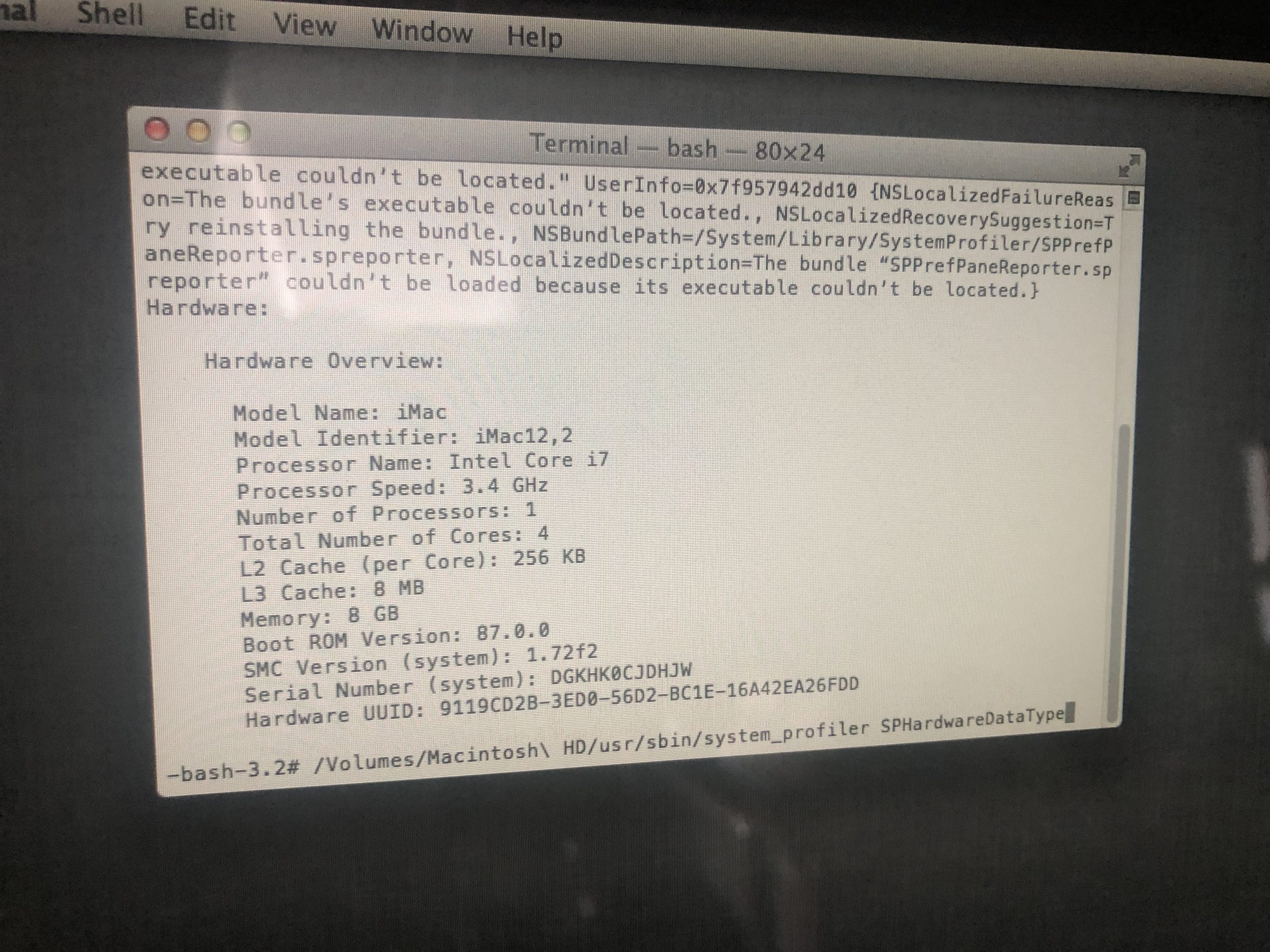Understanding VPN Use on School Networks: What Administrators Can See
In an era where online privacy and digital security are paramount, many individuals may wonder about the implications of using a personal VPN on institutional networks, particularly in a school setting. As an educator utilizing personal devices for classroom-related tasks, it’s crucial to know how a VPN operates and what network administrators can detect about your activity.
Privacy Versus Oversight: The Role of VPNs in Education
When you connect to a Virtual Private Network (VPN), such as Norton 360, your internet traffic is encrypted. This means that your data is transformed into a secure format that prevents unauthorized parties from easily intercepting or reading it. Essentially, while using a VPN, your online activities are cloaked, offering a layer of protection from prying eyes.
However, this does not mean that administrators are entirely blind to your activity. When you connect your personal tablet, even through a VPN, the school’s IT department will still be able to monitor certain aspects:
-
Network Traffic: School IT administrators can observe data usage patterns. They might notice an increase in bandwidth or activity during specific times, suggesting when a particular device is in use.
-
Connection to VPN Servers: While they won’t be able to see the specific websites you’re visiting or the content you’re streaming, they will be aware that your device is connected to a VPN. This information can raise flags, as it’s not typical for a school environment.
-
General Activity: Although specific content remains concealed, the IT department may be able to monitor that certain types of activity are occurring, such as video streaming, which can be discerning during a time when it’s prohibited.
Navigating the Fine Line
As tempting as it may be to indulge in personal streaming services during downtime, it’s essential to weigh the risks and benefits carefully. Using a VPN can enhance your privacy, but it doesn’t provide foolproof anonymity, especially within a monitored environment like a school. Engaging in protocols that could violate school IT policies may lead to potential repercussions.
Conclusion: Proceed with Caution
If you feel the need to use your personal VPN for legitimate reasons—like streaming educational content during off-hours—consider discussing your intentions with IT. Open communication helps foster a better understanding of how technology can be used effectively and appropriately within the educational framework. Always remember that while personal privacy is important, it must be balanced with the responsibilities and guidelines set forth by the
Share this content:



